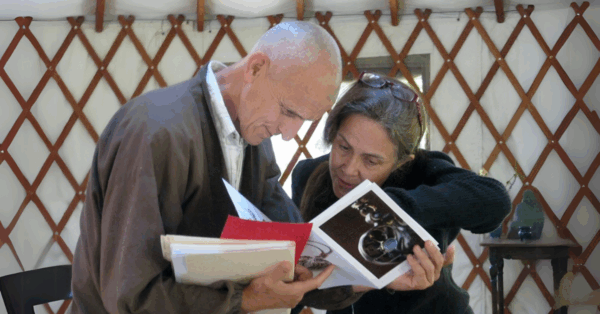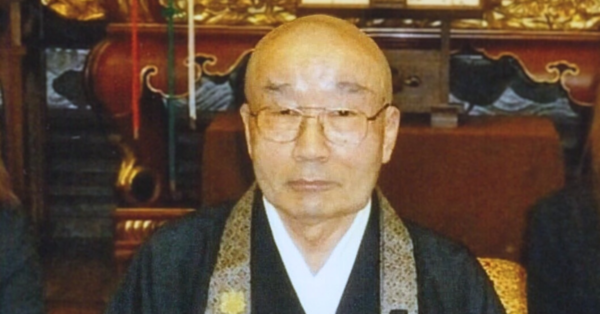Djinn Gallagher wonders if her phone is lulling her into a false sense of security.
Did you have a much-loved beaten-up teddy bear when you were a little kid? A very raggedy Raggedy Ann doll or a favorite piece of frayed fabric that you carried everywhere? Most of us did – in fact, the brilliant psychoanalyst Donald Winnicot described this “transitional object” as an essential part of your becoming
that helps you detach from the mother-source of all love and comfort, and weans you off the thumb-sucking and
phone is transitional object – for many of us, it exactly fulfills Winnicott’s
Buddha’s first teaching is that suffering is caused by wanting things to be different. His simple and powerful instruction was that we sit still and meditate, just noticing our likes and dislikes. The more we meditate, the easier it is to drop below that divisive dualistic mind and settle into a silent, peaceful space where we can accept things as they are, rather than rushing around trying to make things better.
Got that? Likes and dislikes cause us suffering. Meditation trains the mind to respond less compulsively to our likes and dislikes. The more time we spend sitting quietly, the less we tend to fly off the handle or run away when we find ourselves in a situation where we dont feel comfortable.
Humans have been practicing meditation for millennia, using this technique to breathe into the discomfort, lower the energy of a situation, slow down our hair-trigger reactions, and return again and again to just this.
And then the internet arrived.
Most of us have seen how the internet affects our minds I’ve certainly seen it play havoc with mine but here’s a summary. The internet works by retraining the brain so its even more reactive, even more likely to respond to likes and dislikes. If meditation is the path of enlightenment, the internet is the ever-branching tree that is the playground of the monkey mind. Every time we click a link, someones making money out of our distraction, so there’s a whole industry focused on encouraging us to jump to the next thing: You might also like this.
In that digital universe of clickbait and backbiting, our malleable brains are being schooled to click those links, jerked around by our hunger and our rage. Settling down to sit in meditation, I often discover that my mind is flickering with unfiltered imagery that both fascinates and repels me. How can we practice mindfulness when we spend most of our lives in a state of artificial stimulation?
A suggestion is to practice periods of abstinence, taking Sundays off, meditating in the mornings before we check our email, and taking part in days of silent retreat far from wifi. Another really helpful practice is to have firm boundaries in our relationship with our devices, using old-fashioned single-task machines like alarm clocks rather than a piece of technology that can so easily seduce us into having a look at social media. But fundamentally we need to give our minds a break. The way of the wifi is to distract, to be not present, to be always on. The way of the Buddha is to put down the screen, stop for one moment, and breathe.
_()_
Djinn Gallagher
On Sunday, October 9, Djinn will co-lead a daylong workshop with Zachary Smith, Unplug and Recharge: Living Mindfully in the Digital Age.











